Prisoner swap between Iran and Sweden out of question as cases differ, analyst to Press TV
Tehran should categorically reject requests to swap Ahmad Reza Jalali with Hamid Nouri, two individuals imprisoned in Iran and Sweden respectively, as their cases are different, according to an Iranian political commentator.
Speaking to Press TV’s Iran Today program, Mohammad Sadeq Koushki said a prisoner swap is warranted when the two opposite sides face the same degree of charges and are on an equal footing in terms of legalities.
“In essence, the charges against these two people are not the same and they should be treated differently,” said Koushki, an expert on the affairs related to anti-Iran terrorist group Mujahedin-e-Khalq Organization (MKO).
He said the Swedish government’s relentless efforts to make the prisoners' exchange happen show that Jalali is important to them.
“If Jalali was not important to the Swedish government, it wouldn’t have made such attempts to secure his release,” he asserted.
Ahmad Reza Jalali, an Iran-born resident of Sweden, has been convicted in Iran of espionage for Israel’s spy agency Mossad, which led to the assassination of two Iranian nuclear scientists. His death sentence was recently upheld by the country's apex court and he is likely to be executed soon.
Jalali was arrested in 2016 while visiting Iran. Based on his confessions, he had spied for the Israeli spy agency and was found guilty of complicity in the assassination of two prominent Iranian scientists.
Koushki said there is no ambiguity about the charges leveled against Jalali, adding that the espionage by this person "has been proven", for which he has received the death sentence.
Asking for the exchange of a “real spy” with a “simple judiciary official" who was unlawfully arrested and tried years after his retirement "is simply out of the question", the Iranian analyst remarked.
He was referring to Hamid Nouri, who was arrested upon arrival at the Stockholm Airport in 2019 and held in solitary confinement for over two years.
American blood on MKO hands
Nouri has been accused by the MKO of involvement in the execution and torture of the members of the terrorist group in 1988 – charges that Iran has dismissed as “politically-motivated.”
“Even before the victory of the Islamic Revolution, this very same MKO terrorist group played a key role in the assassination of American engineers, who used to work at Iran’s oil industry in the province of Khuzestan,” Hassan Hanizadeh, an expert on West Asia affairs, told the same program.
Hanizadeh said the MKO terrorists fled to Iraq in the aftermath of the Islamic Revolution and later moved to Europe.
He recalled that during the 1991 uprising against former Iraqi dictator Saddam Hussein, the MKO assisted Saddam in his mass murder of Iraqis.
“Statistics indicate that over 150,000 Iraqi Shias were murdered at that time,” he added.
The notorious MKO is currently based in Albania, where it enjoys the freedom of activity after being delisted by the European Union and the United States in 2009 and 2012, respectively. The group regularly hosts big events in which top American and European officials make speeches in support of the group.
According to Albanian media reports, MKO members have been involved in various criminal activities in Europe, including human trafficking in France. MKO members have also been arrested while trying to traffic drugs to Italy.
Support for anti-Iran terrorist groups in the US and Europe has remarkably grown in the Western countries over the years, with many Western spy agencies actively involved in aiding and arming them.
The Islamic Republic has already warned Europeans that their support for the MKO will be “costly” for them. Tehran has condemned the hosting of the group by Albania and its delisting by the US and Europe.
Assassination of Iranian scientists
A senior journalist Morteza Simiari pointed out that Jalali was arrested two years before Nouri, saying it bears testimony to the fact that there are no connections between the two cases.
He told Press TV that Jalali had links with Mossad and provided the spy agency with information on the whereabouts of Iranian nuclear scientists Majid Shahriari and Masoud Alimohammadi.
In a series of televised confessions, Simiari explained that Jalali had admitted that he came to Iran and collected information on the whereabouts of the two slain nuclear scientists.
He added that while Jalali was in Iran, he worked with two strategic ministries on projects, and he communicated with Mossad when he went back to Europe, despite being fully aware that he was not allowed to take any scientific data out of the country.
Earlier this month, Iran’s Judiciary spokesman Zabihullah Khodaeian announced Jalali’s death sentence will be carried out, emphasizing that Tehran will not exchange him with Nouri.
Jalali has been “sentenced to death and the verdict is final and will be carried out,” Khodaeian said.
Commentators say detained Iranian officials are being used by the West as a bargaining chip to secure the release of spies and terrorists, including Jalali, who enjoys the backing of Western and Israeli spy agencies.
Iran has strongly protested Nouri’s detention under unbearable conditions and called for his immediate release.
“Hamid Nouri was arrested, held in solitary confinement for a very long time, and denied the right to an attorney,” Koushki said. “During this time, under various pressures, he was deprived of basic rights given by civilized countries.”
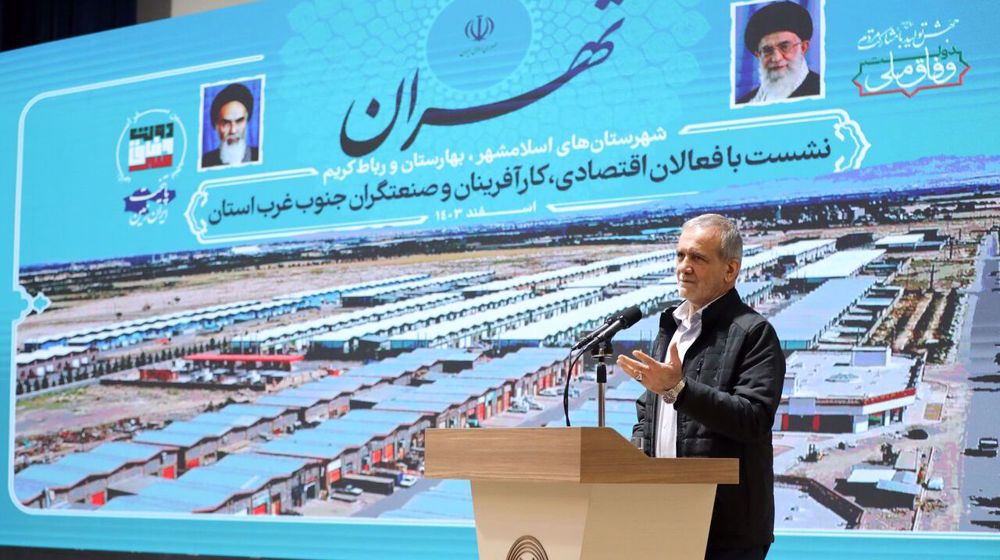
Pezeshkian: Iran open to talks but won’t capitulate to bullies
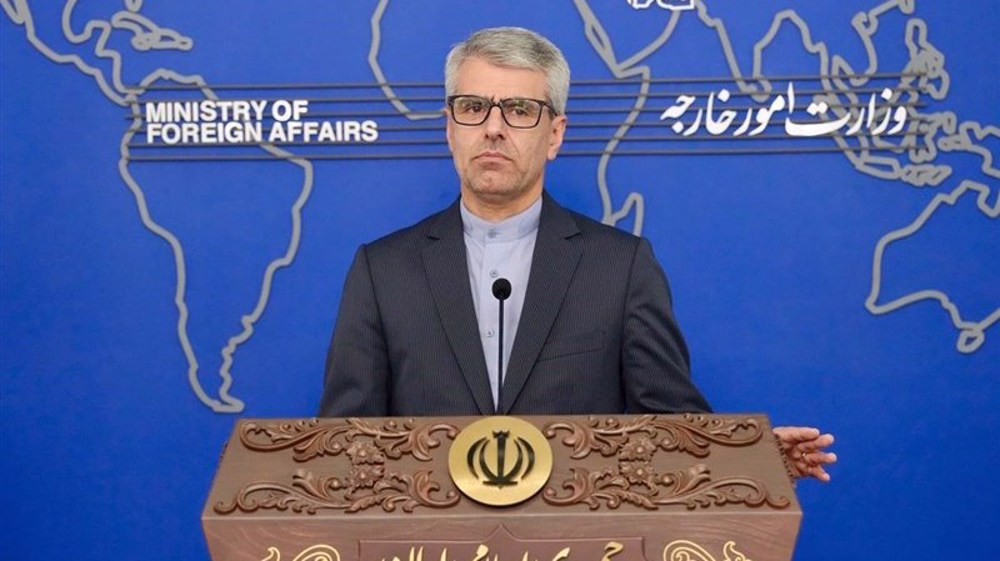
Iran urges swift action to end Israel’s strikes on Syria
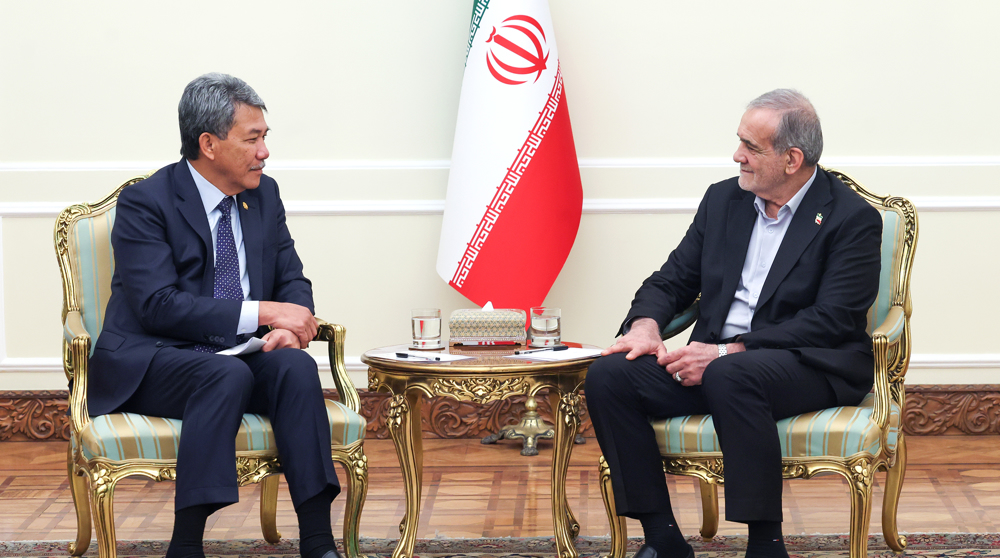
Pezeshkian urges promotion of convergence among Muslim states
Iran's freestyle wrestling team clinches championship title in Albania ranking series
Trump seeks sweeping cuts to State Department: Report
VIDEO | Iran, Pakistan strengthen media cooperation to foster cultural ties
VIDEO | BRICS workshop in Tehran strengthens innovation, cooperation
Iran condemns deadly bombing in Pakistan, stresses regional unity to fight terror
Jordanians rally en masse to censure Trump's Gaza takeover plan
VIDEO | Press TV's news headlines
Iraq asserts commitment to security agreement with Iran


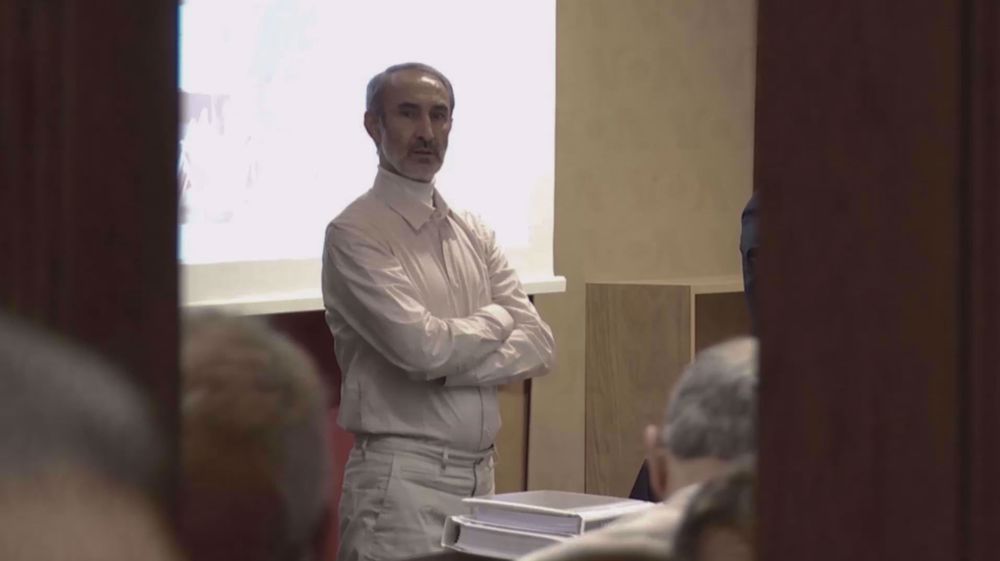
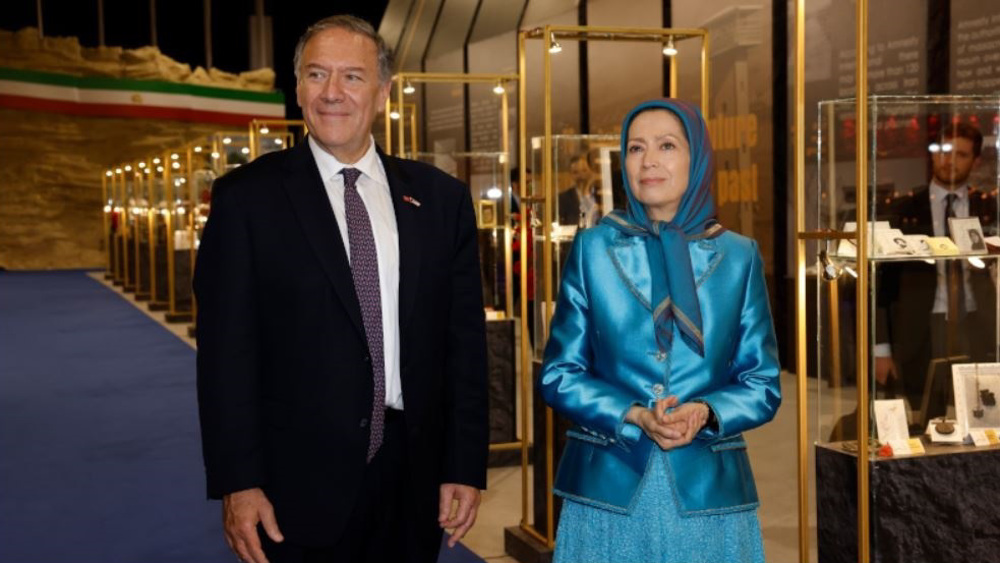



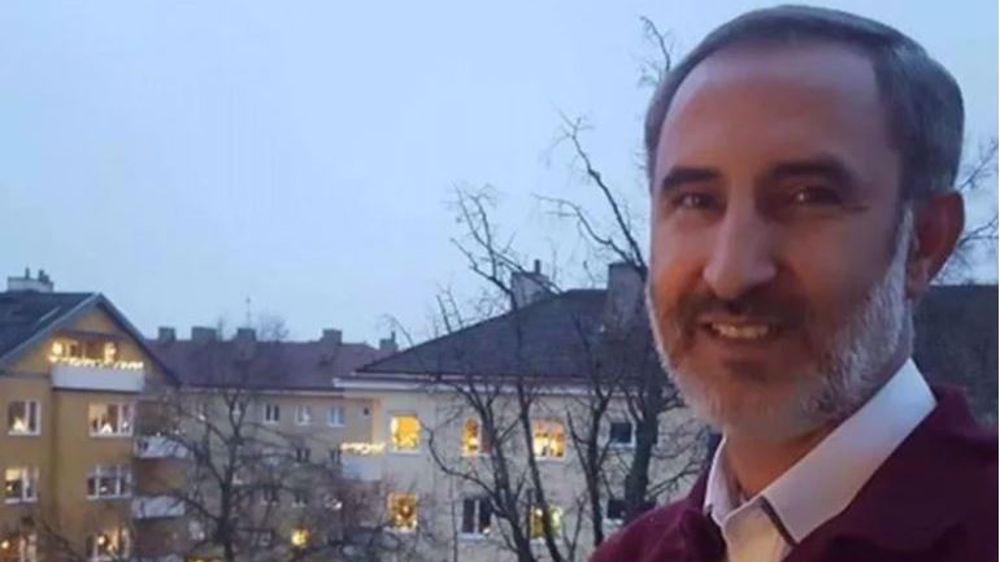
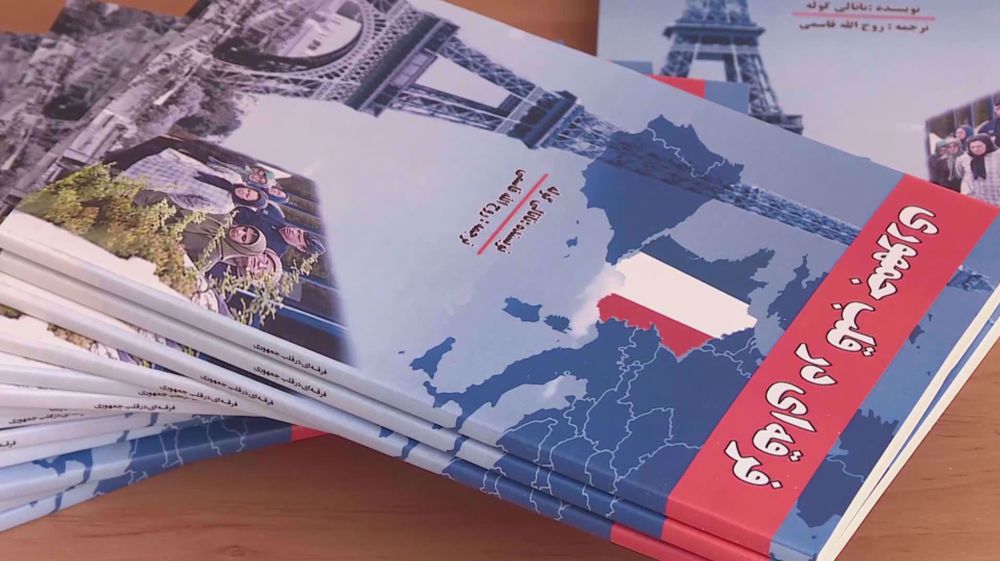
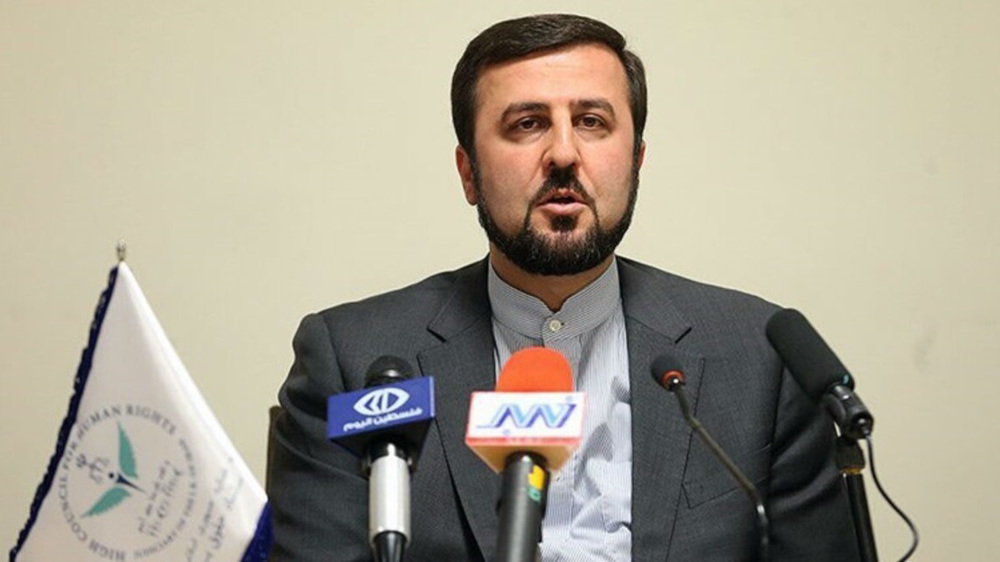
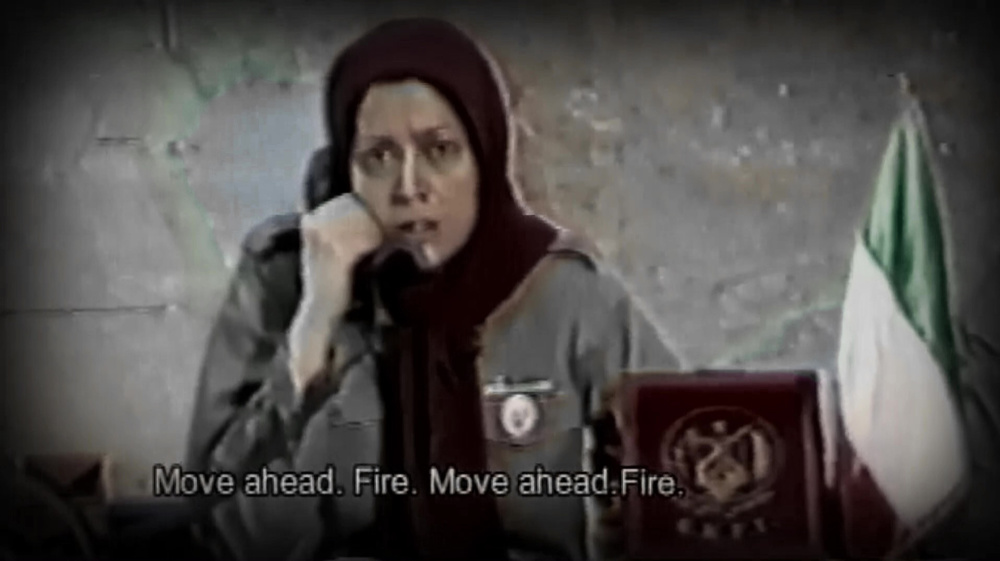
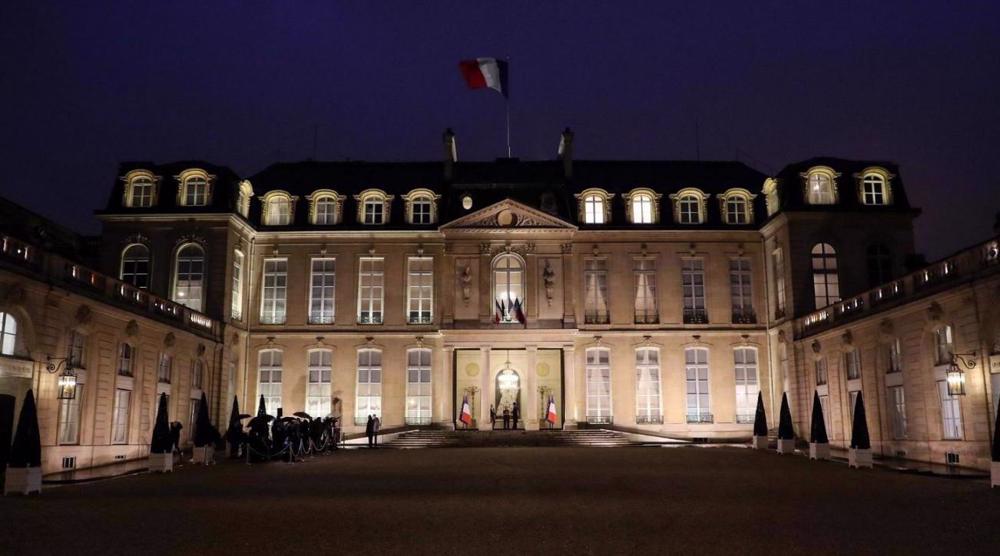

 This makes it easy to access the Press TV website
This makes it easy to access the Press TV website